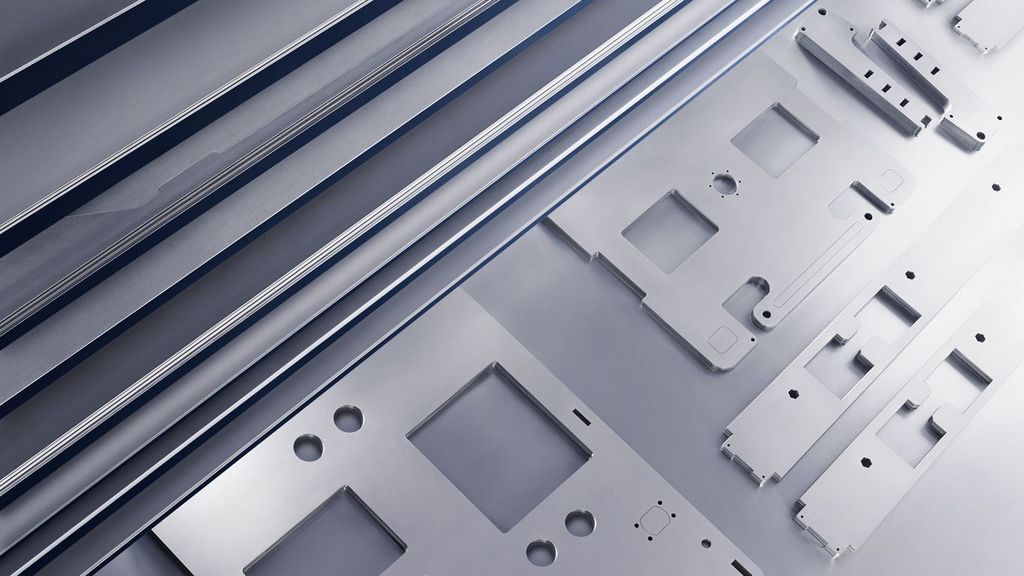A Smart Factory in record time
Major orders that can't be fulfilled due to a lack of resources? This is simply not an option for the Chinese company SNBC! The company management made virtue out of necessity and, with the help of TRUMPF, constructed a fully automated Smart Factory in record time.
Challenges
In China, multiple large orders from six major customers in the logistics sector are reasons to celebrate. At SNBC, however, it initially caused a headache. The orders were for the production of automatic packing stations, and the contracts were scheduled to run for several years. The company's in-house sheet metal processing capacity was insufficient and even contracting out to all nearby contract manufacturers would not have solved the problem. But rejecting the order was also not an option, so only one possibility remained: a new factory.
Solutions
From the outset of this project, SNBC did not want to do anything halfway. Their vision was for fully automated production. According to the company, expertise and complete reliability are required to implement this project in the shortest possible time. "Both of these qualities had been demonstrated by TRUMPF many times in our company. We therefore were quick agreed to work with TRUMPF," says Liu Bo, Production Manager at SNBC.
Implementation
Using drawings of the packing stations, Smart Factory experts first analyzed each individual part of the assembly. Four TRUMPF lasers, two punching machines and three bending machines, as well as the corresponding automation components, were connected to a 126-metre-long STOPA store with 360 storage locations and two shelf-operating systems. The store is controlled by the TruTops Fab Storage module. It controls the entire production material flow and manages the inventory. This ensures that the required material is always at the right machine at the right time and the finished parts are reliably conveyed to the subsequent work station. Automation has already enabled SNBC to increase its production by around 20 percent. Employees who were familiarized with the system in a series of TRUMPF training workshops have seen a significant reduction in their workloads.
Forecast
In March 2017, production began exactly in the way Liu Bo wanted. A follow-up project is already being planned. Liu: "The system has only been running for nine months, but we are already approaching the limits of our capacity again, mainly because of the confidence customers have in our production capabilities. This means our investment in the future has paid off, even though we are only just at the start of our journey into Industry 4.0 with our first factory.










